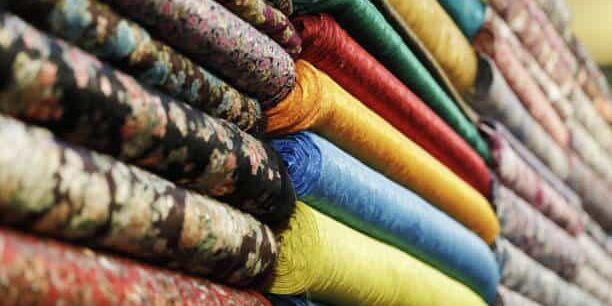Indian textile exporters are strategically expanding their global supply chain footprint, turning their focus toward European markets to balance the impact of recent U.S. tariffs. The move highlights India’s growing adaptability and commitment to maintaining trade resilience through market diversification and enhanced production standards.
Industry sources report that exporters are offering competitive pricing and discounts to sustain U.S. partnerships while simultaneously accelerating efforts to secure new contracts in the European Union (EU). The EU, already India’s largest trading partner for goods, recorded two-way trade worth $137.5 billion in the fiscal year ending March 2024 — a nearly 90% increase over the past decade, reflecting strong potential for further growth.
To meet the EU’s stringent requirements on ethical sourcing, labeling, and environmental compliance, Indian manufacturers are upgrading their production facilities and aligning with sustainable practices. According to Rahul Mehta, chief mentor of the Clothing Manufacturers Association of India, these developments will not only help exporters meet regulatory standards but also strengthen India’s reputation as a reliable and sustainable textile hub in global supply chains.
The sector’s shift also underscores a broader trend of reducing dependence on single-market exports. The United States remains a key destination, accounting for nearly 29% of India’s $38 billion textile exports in FY2025, but exporters are now focusing on spreading risk across multiple regions to ensure business continuity and growth.
Trade negotiations between India and the EU have reached a critical phase, with both sides working intensively toward a free trade agreement by year-end. Such a deal could unlock new opportunities for Indian apparel and fabric producers, streamline customs procedures, and enhance regional supply chain integration.
Despite tariff-related challenges, industry leaders express optimism. “Indian exporters are demonstrating agility by diversifying trade routes and leveraging innovation in production and logistics,” Mehta said. “This transition will help the industry maintain competitiveness in an evolving global trade landscape.”
By strengthening ties with Europe and investing in sustainable manufacturing, India’s textile industry is not only weathering tariff pressures but also paving the way for a more balanced and resilient global supply chain.
#ICTTMNews #BreakingNews #TradeResilience #SupplyChainGrowth #IndiaExports #EUTrade #SustainableManufacturing







